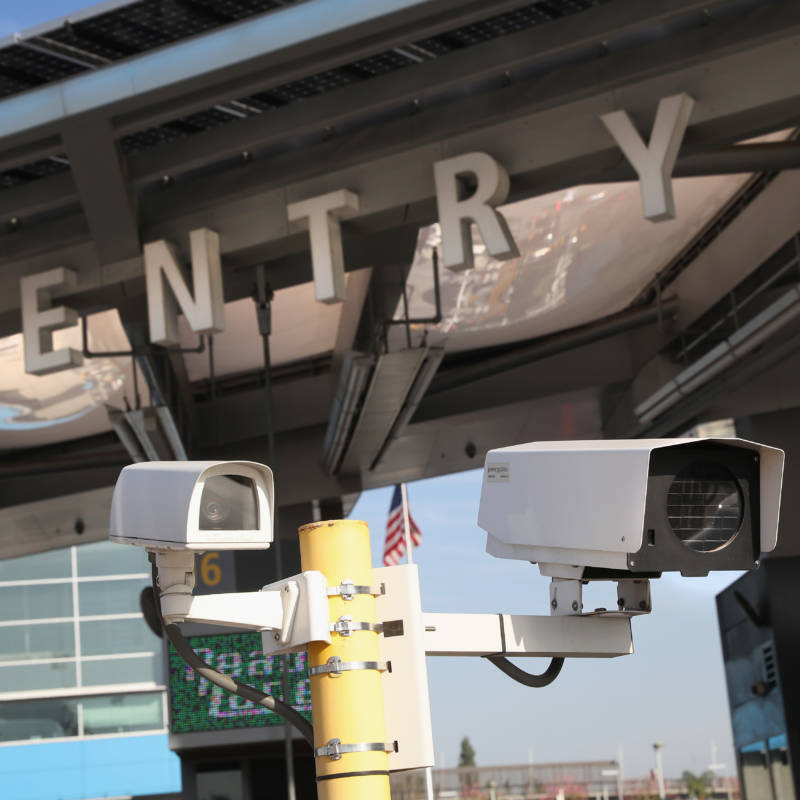Photos of travelers and their vehicle plates snapped at a U.S. border control point have been hacked, according to the Customs and Border Protection agency.
Customs officials said in a statement on Monday that the hack involves fewer than 100,000 people photographed inside vehicles — as well as images of the vehicle license plates — that were taken as travelers left the U.S. through specific lanes at a single, unspecified land-border crossing. The images were captured by CBP over a six-week period.
The images found their way into the database of a government subcontractor that hackers were able to penetrate, the agency said.
"Initial information indicates that the subcontractor violated mandatory security and privacy protocols outlined in their contract," CBP said in a statement.
Although the agency did not name the subcontractor, the news follows a report last month in the computer security website The Register that Tennessee-based Perceptics — which purports to be "the sole provider" of license-plate readers at land border points in the U.S. — had been hacked.

